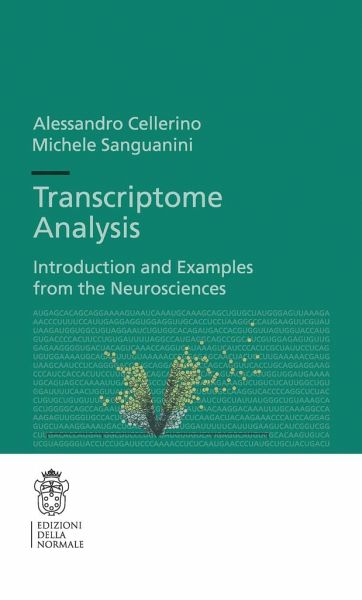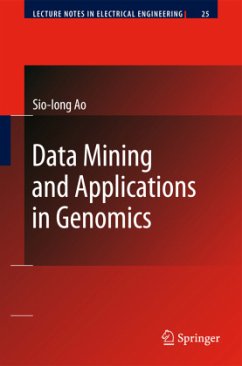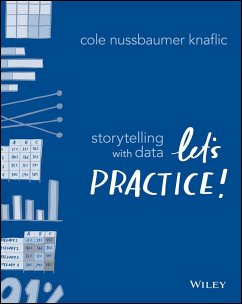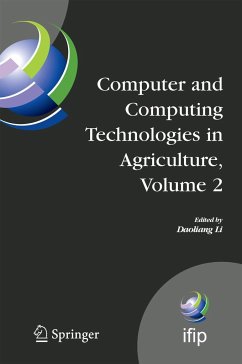
Transcriptome Analysis
Introduction and Examples from the Neurosciences

PAYBACK Punkte
14 °P sammeln!
The goal of this book is to be an accessible guide for undergraduate and graduate students to the new field of data-driven biology. Next-generation sequencing technologies have put genome-scale analysis of gene expression into the standard toolbox of experimental biologists. Yet, biological interpretation of high-dimensional data is made difficult by the lack of a common language between experimental and data scientists. By combining theory with practical examples of how specific tools were used to obtain novel insights in biology, particularly in the neurosciences, the book intends to te...
The goal of this book is to be an accessible guide for undergraduate and graduate students to the new field of data-driven biology. Next-generation sequencing technologies have put genome-scale analysis of gene expression into the standard toolbox of experimental biologists. Yet, biological interpretation of high-dimensional data is made difficult by the lack of a common language between experimental and data scientists. By combining theory with practical examples of how specific tools were used to obtain novel insights in biology, particularly in the neurosciences, the book intends to teach students how to design, analyse, and extract biological knowledge from transcriptome sequencing experiments. Undergraduate and graduate students in biomedical and quantitative sciences will benefit from this text as well as academics untrained in the subject.












